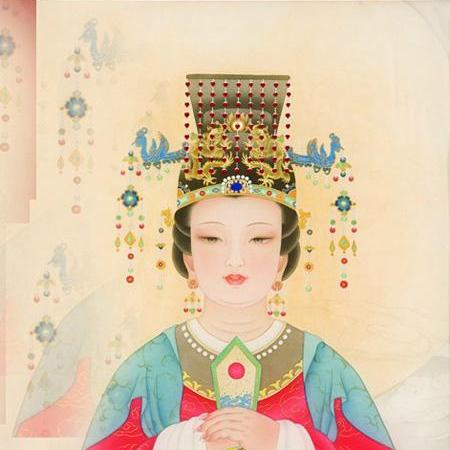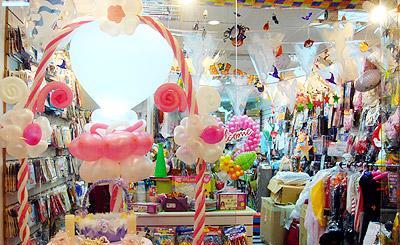Mazu culture
Over 1,000 years ago, a beautiful young girl by the name of Lin Mu was born at the Xianliang Port of Meizhou Bay in Putian, Fujian Province. Clever, brave and kindhearted, Lin Mu could forecast the weather and was happy to help fishermen in distress at sea. She encouraged the people to conquer nature and defeat evil, so she was much loved and esteemed by the people in her hometown.

She is none other than the world-renowned Mazu, goddess of the sea.
The respect for Mazu has turned into a wide-spread belief with the passage of time. Following the footprints of sea merchants and overseas Chinese, Mazu went out of Fujian. The belief in Mazu has become a sort of transnational folk belief with more than 100 million worshippers.
For geographical and historical reasons, the belief in Mazu at Taiwan has turned out to be a popular belief. According to statistics, around two-thirds of the population in Taiwan believe in Mazu, and more than 500 Mazu temples are scattered on the island. In the wake of improving relations between both sides of the Straits, tens of thousands of Taiwan compatriots swarmed to the Meizhou Island to dedicate their piety at Mazu temples to fulfil their sincere wish which they had cherished for decades. The unique Mazu Pilgrim Tour will undoubtedly breakthrough the artificial hedge standing between the people on both sides of the Straits.
Wedding traditions
In Taiwan, there is a diversity of wedding ceremonies varying with nationalities and cultural backgrounds, but in general, all wedding ceremonies are either traditional or modern.

Traditional wedding ceremonies are still influential in Taiwan, because most Taiwanese are descendants of migrants from Fujian, Guangdong and other places of Chinese mainland. In the development and construction of Taiwan, the ancestors firmly preserved cultural customs they had brought from their hometowns to Taiwan, and passed the customs down from generation to generation. Classic activities of a traditional wedding ceremony include presenting betrothal gifts, sitting in a bridal sedan chair, worshipping Heaven and Earth, paying obeisance to parents and to each other, and teasing the newlywed in the wedding night. Although the newlywed are dressed in a western style, the wedding ceremony is absolutely Chinese from presenting candies, lighting cigarettes, serving tea to collecting lucky money.
